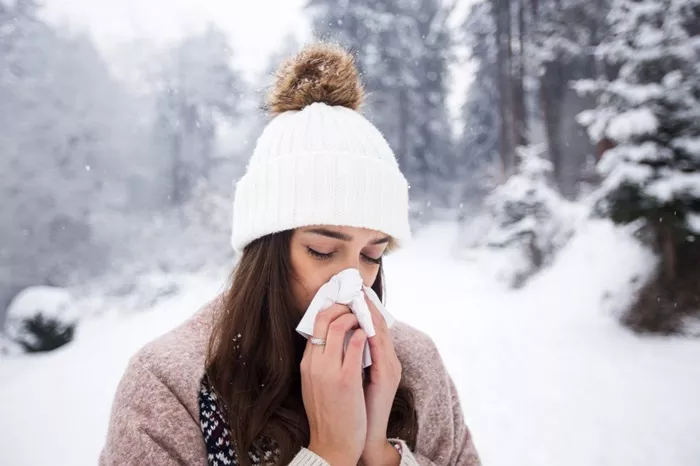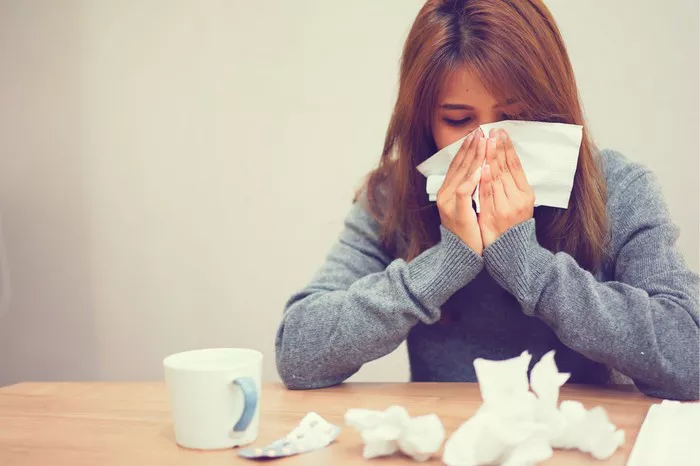Seafood is a culinary treasure enjoyed across the world. From spicy shrimp curries to grilled salmon fillets, it’s rich in flavor, nutrients, and tradition. But for millions of people, this delicious category of food is off-limits. A single bite of shrimp or crab could lead to hives, swelling, difficulty breathing, or even life-threatening anaphylaxis. Seafood allergy isn’t just inconvenient—it’s terrifying.
If you’ve been diagnosed with a seafood allergy, you’ve probably been told that there’s no cure and that strict avoidance is your only option. While this is largely true today, recent medical research and treatment advances are slowly shifting that outlook. But can you ever truly stop being allergic to seafood? And if so, how? In this article, we explore the science, the strategies, and the future of treating seafood allergies.
What Exactly Is a Seafood Allergy?
A seafood allergy occurs when your immune system mistakenly identifies proteins in seafood as harmful invaders. In response, your body produces antibodies called Immunoglobulin E (IgE), which trigger the release of histamine and other chemicals during exposure. These chemicals cause symptoms ranging from mild skin irritation to life-threatening reactions.
There are two main types of seafood allergies: shellfish and finned fish. Shellfish allergies are more common and typically involve crustaceans like shrimp, crab, and lobster, as well as mollusks like clams, oysters, and mussels. Finfish allergies include salmon, tuna, cod, and others. Some people are allergic to one group, while others may react to both.
This immune overreaction often begins in childhood but can also develop in adults with no prior history of allergies. Unlike milk or egg allergies, which many children outgrow, seafood allergies are usually lifelong. That said, researchers are exploring new approaches to modify the immune system’s response.
Why Do Seafood Allergies Happen?
The root cause of a seafood allergy lies in genetics and immune system behavior. If you have family members with allergies, asthma, or eczema, you’re more likely to develop food allergies, including those to seafood. Environmental factors, such as pollution or gut microbiome imbalances, may also play a role.
The key allergenic proteins in seafood are quite stable and resistant to heat and digestion. For example, tropomyosin, a protein found in shellfish, remains allergenic even after cooking. This explains why someone can react to both raw and cooked shrimp. In finned fish, the major allergen is parvalbumin.
Once your immune system becomes sensitized to these proteins, it treats them like threats every time you eat seafood. That immune memory is difficult to erase. However, some people have been able to reduce or eliminate their allergic reactions through targeted therapies and immune modulation.
Is It Possible to Outgrow a Seafood Allergy?
Unlike milk or soy allergies, which children often outgrow, seafood allergies are considered more persistent. However, outgrowing a seafood allergy isn’t entirely impossible. In rare cases, people do become tolerant over time, especially if their allergic response was mild to begin with.
Doctors may use blood tests or skin prick tests to measure levels of specific IgE antibodies in your system. If those levels decrease over time, it could be a sign that your body is becoming less reactive. Still, reintroducing seafood without medical supervision is never recommended. Oral food challenges, conducted in controlled environments, are the only safe way to test for tolerance.
Even if you can’t completely outgrow a seafood allergy, you may be able to lessen its severity. Reducing inflammation in your body, healing your gut, and managing other allergic conditions could make you less sensitive to small traces of allergens.
Can Immunotherapy Help with Seafood Allergies?
Immunotherapy is one of the most promising approaches to reducing food allergies. It works by gradually introducing tiny amounts of the allergen to retrain the immune system. Over time, the body may stop seeing the substance as dangerous.
For peanut and milk allergies, oral immunotherapy (OIT) has already shown success. Now, scientists are testing similar strategies for seafood. In clinical trials, researchers are exploring whether patients with shellfish allergies can build tolerance by consuming microscopic doses of shrimp protein over many months.
Another method is epicutaneous immunotherapy (EPIT), which delivers allergens through a skin patch. There’s also sublingual immunotherapy (SLIT), where drops containing the allergen are placed under the tongue. Though these methods are still being researched for seafood, early results are hopeful.
It’s important to note that immunotherapy doesn’t cure the allergy. Rather, it may increase your threshold for reaction. That means you could eat small amounts without symptoms or survive accidental exposure without a serious episode. This can be life-changing for people who live in fear of hidden allergens.
The Role of Gut Health and Inflammation
Recent research suggests that the gut microbiome may play a significant role in how the immune system reacts to allergens. An unhealthy gut, filled with imbalanced bacteria or inflammation, can heighten your body’s sensitivity to various foods, including seafood.
Improving gut health through diet, probiotics, and anti-inflammatory foods may support immune tolerance. Fermented foods like yogurt, kefir, sauerkraut, and kimchi can help diversify your gut flora. Fiber-rich foods like fruits, vegetables, and legumes feed beneficial bacteria.
Additionally, chronic inflammation may make allergies worse. Cutting out ultra-processed foods, sugars, and excessive alcohol while increasing intake of omega-3 fatty acids from flaxseeds or algae oil may help calm the immune system. While these lifestyle changes won’t “cure” your allergy, they can strengthen your body’s overall ability to handle triggers.
Can Desensitization Happen Naturally?
In some instances, people report that they no longer react to seafood after years of avoidance or lifestyle changes. This phenomenon is not well understood and may be due to immune system regulation over time.
Desensitization doesn’t mean the allergy has vanished. Instead, it suggests that the immune system is responding more calmly. Still, many allergists caution against relying on natural desensitization. Only a supervised oral challenge can confirm if the allergy has faded.
There’s also the danger of false security. A person might not react one time but could still have a severe reaction later. This is especially true if the immune system is already on high alert from illness, stress, or another allergy.
Are There Medications to Prevent Allergic Reactions?
Right now, the most common medical treatment for food allergies is the use of emergency epinephrine (EpiPen). Antihistamines may help manage minor symptoms like itching or hives but aren’t effective for serious reactions.
However, new drugs are being studied to prevent severe allergic reactions. Monoclonal antibodies like omalizumab (Xolair), which block IgE receptors, are being tested as preventative treatments. These biologics may allow allergic individuals to tolerate small amounts of allergen without reacting.
While still under clinical review for seafood, Xolair is already approved for asthma and chronic hives. As research progresses, it may become a valuable tool in allergy management and even help patients undergo immunotherapy more safely.
How to Stay Safe and Hopeful
If you’re currently allergic to seafood, complete avoidance remains the safest strategy. Always read labels, ask about ingredients when dining out, and carry an epinephrine auto-injector. Cross-contamination is a serious risk in restaurants and food factories, especially with shared equipment like fryers or cutting boards.
Yet, living with a seafood allergy doesn’t have to mean living in fear. By working with a knowledgeable allergist, monitoring your immune response over time, and staying informed about treatment options, you can improve your quality of life.
Don’t hesitate to ask your doctor about upcoming clinical trials. The field of allergy treatment is evolving rapidly, and you may be a candidate for a new therapy or desensitization protocol.
With advances in biotechnology, the future for people with seafood allergies is looking brighter. Scientists are working on hypoallergenic versions of seafood proteins that could be used in immunotherapy or even food production.
Other future possibilities include gene editing tools like CRISPR to modify the immune system at a molecular level. Researchers are also investigating the use of vaccines to train the immune system not to react to specific allergens.
While these developments are still in the early stages, they point toward a future where living without seafood may no longer be a lifelong sentence.
Conclusion
Seafood allergies are complex and persistent, but they aren’t untouchable. From cutting-edge immunotherapies to better understanding gut health, there are more ways than ever to work toward reducing or managing your allergy. You may not be able to “cure” the allergy entirely today, but that doesn’t mean you’ll be stuck with it forever.
By staying informed, taking care of your immune system, and exploring all your options with a medical professional, you can live more confidently and perhaps even find a way to enjoy the seafood you once feared. Hope, after all, is the first step toward healing.
Related Topics































